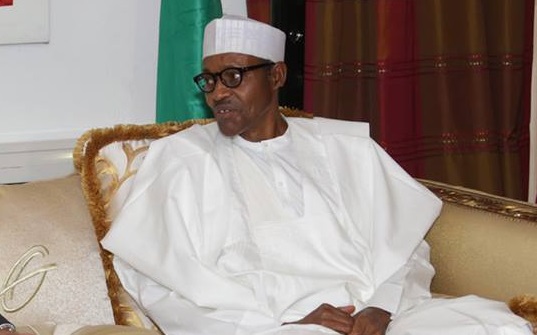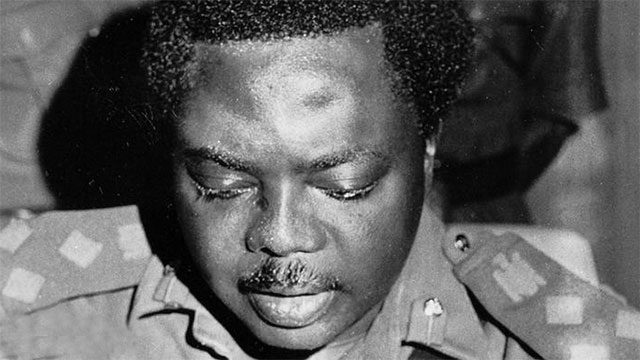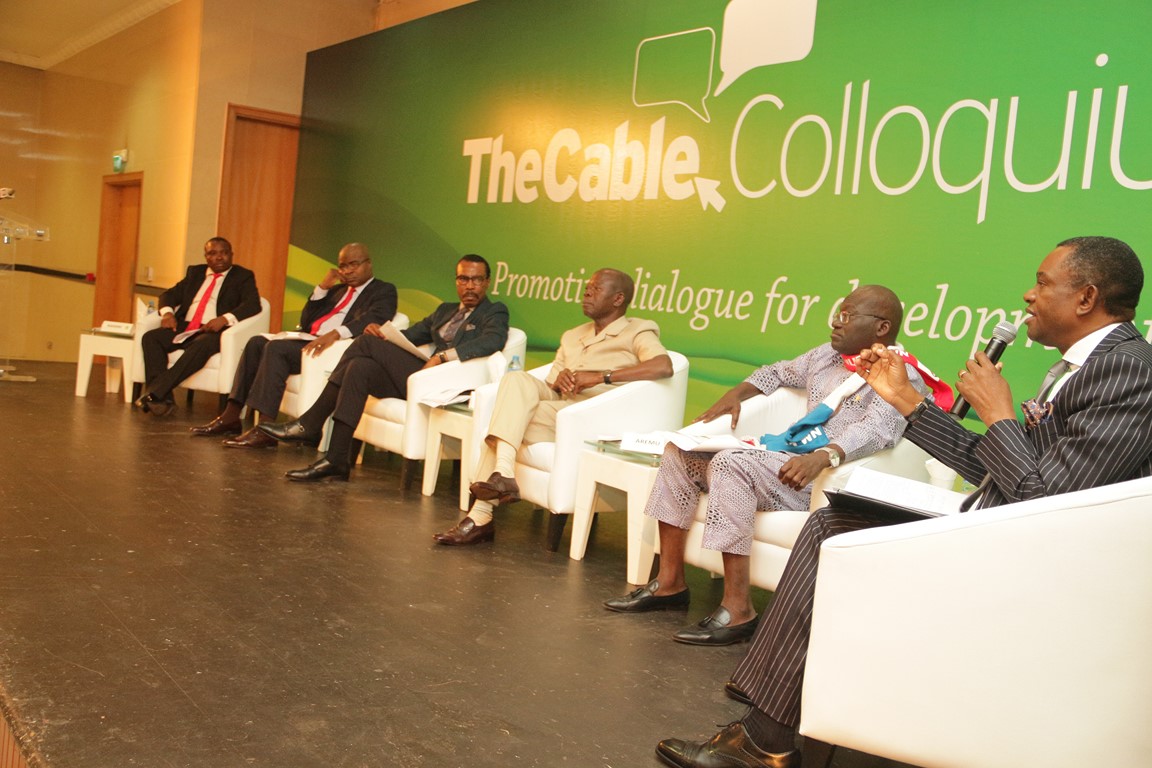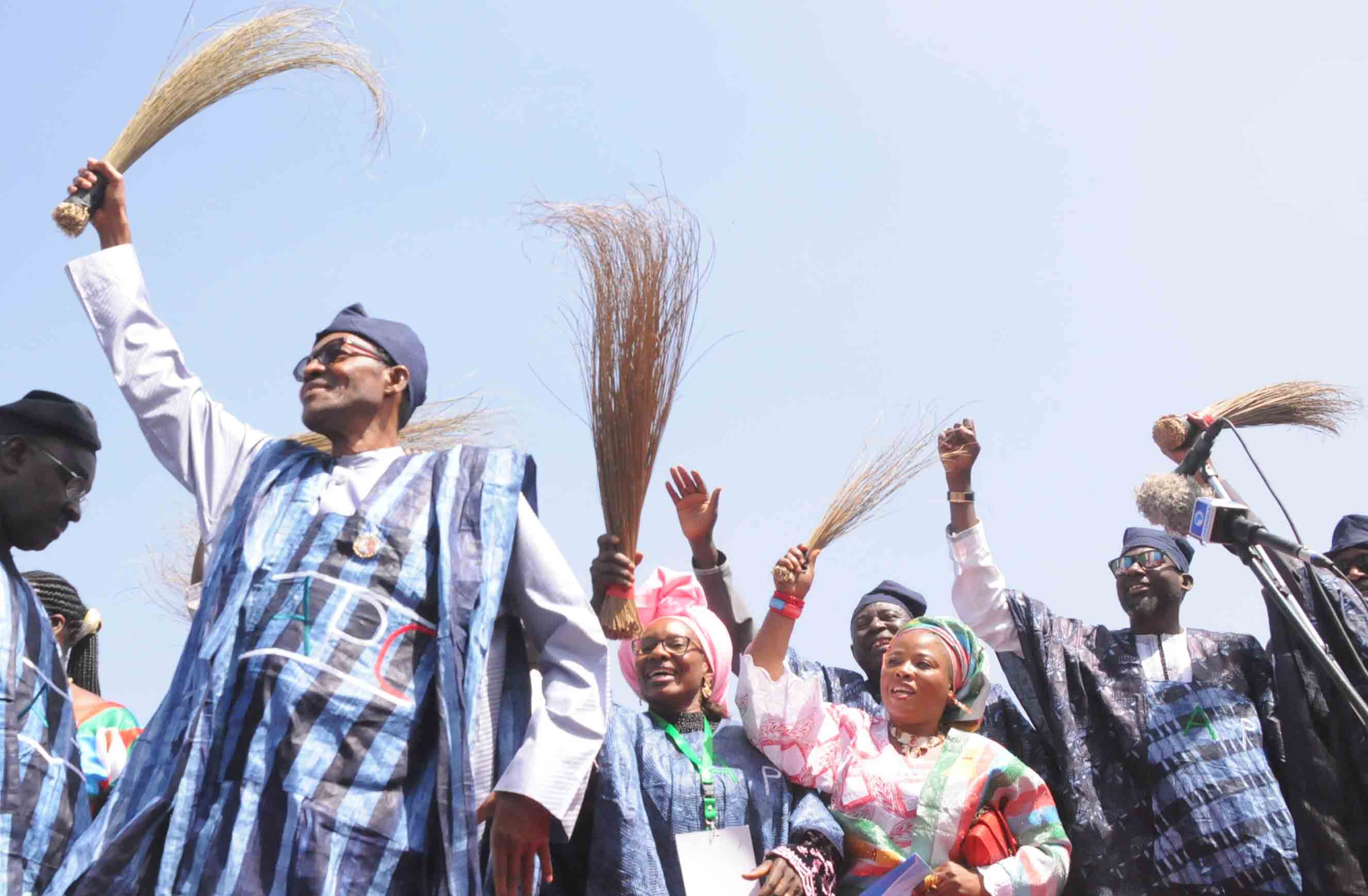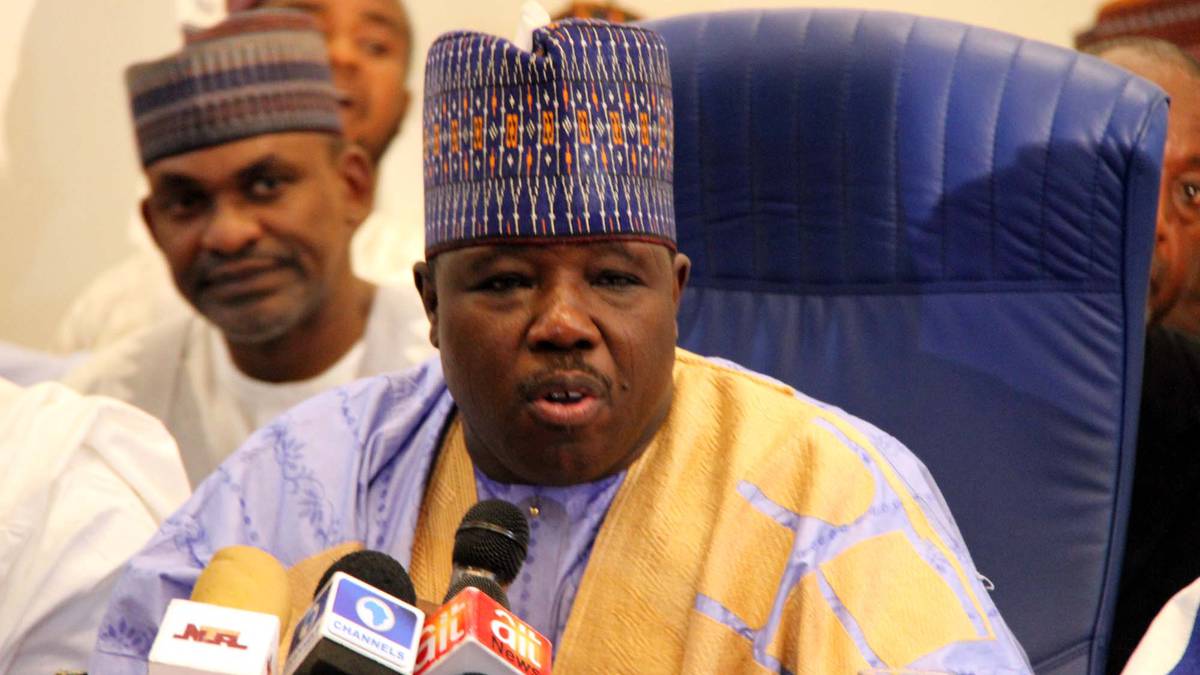“Our finding that economic growth reduces bribery suggests that countries might ‘grow’ their way out of corruption. In this case, it may not be necessary to root out corruption to spur growth, but rather corruption might subside as a country grows.”
The above conclusion is from a study published by the National Bureau of Economic Research in 2013. The paper was authored by Jie Bai and Benjamin Olken of MIT; Edmund Malesky of Duke University; and Seema Jayachandran of Northwestern University. In this article, I will argue that corruption is a parallel economy in Nigeria. I will attempt to look at the effect of Buhari’s fight against corruption from a totally different perspective. I will also argue that Buhari’s fight against corruption might result to an economic stagnation at the end of the day.
Let it be known that I do not support corruption. This article is intended to provoke more evidence-based research on the nexus between corruption and economic growth. The study mentioned in the introductory paragraph of this article actually showed that Vietnam experienced rapid growth up to 2011 despite wide spread corruption. The implication of this is that countries can actually grow with increasing corruption but income inequality might increase. I will attempt to show you why this is possible in this article
Interestingly, a report published by PricewaterhouseCoopers (PWC) states that corruption would make Nigeria lose 30% of its GDP by 2030 if not dealt with. The study was probably commissioned by the federal government because the report was submitted to Professor Osinbanjo. On face value, this makes sense. If you consider what all those extra money added on inflated contracts can do to our economy. In fact, someone once said that monies stolen in the fuel subsidy heist could have built five Burj Khalifa’s in Nigeria. Since PWC claims that they got data from a PhD thesis while conducting their research, I will criticize that PhD. Please note that criticizing a research doesn’t, in any way, rubbish the research, but makes the researcher think more critically of his work. Now, take a look at my argument.
Advertisement
Let us take a look at Motor Vehicle Insurance. A report published by players in the insurance industry states that only 4.3 million vehicles have genuine insurance certificates in Nigeria. Note, if you have a fake insurance paper you might also have other fake vehicle papers. The number of vehicles plying Nigerian roads is estimated to be between 16 million and 17 million. If you look at this report, you would imagine that if government plugs these leakages, it will have a lot of money to work. Perfect! Wait a minute, what if these new revenue streams are re-looted by public officers. After all, Abacha’s loots were allegedly re-looted. But, this is just one side of the argument. Have you seen any fake motor vehicle paper operator? My thinking is that tens of thousands of people are involved and employed in this illegal venture. Thus, if you kill this industry you would render thousands unemployed-resulting in economic stagnation. Please, I advocate killing this illegal venture, don’t get me wrong. But, if you do, you have to think of how to employ these people. Well, my friend Paul hates these people and doesn’t mind killing them. He says they don’t have any excuse for shortchanging government that they should go into farming. Unemployment is a big problem in Nigeria. Think about this – if government gets all these money that goes to fake motor papers operators and public servants re-loot these monies and send them abroad. The EFCC believes that Dubai might be a safe haven for stolen monies from Nigeria, so, this argument is valid. Who would be the loser, if this happens? Nigeria’s economy of course.
Now, let us look at our tax structure. A lot of people in the informal sector do not pay tax. Little wonder Madame Christine Lagarde, Managing Director of the IMF, advised Nigeria to increase its tax base. Note that you might not be able to prosecute this crowd of previous tax evaders because they are too many. The courts would jam if you attempt to do this. Our very own Simon Kolawole advised that these people should be forgiven of previous tax offences and then brought into the tax system. This is original thinking. Simon deserves a PhD degree for such originality. If you bring these people who are already making huge losses into the tax system, don’t you think you would be killing these group of people? Remember that these tax revenues can be re-looted by public servants. Well, you can argue that Lagos State, starting from Tinubu’s regime, increased the tax base of the State. Thus, they had more money to build Lagos. I would like to see the group of people that contributed to this tax increase. I know a lot of people in the informal sector are not paying enough tax. The few that are paying are under-declaring their revenue. You only tax people who are productive, not those that are not. A lot of small businesses are unproductive. Alan Greenspan once said that whatever you tax, you get less of. I’m not saying people should not be taxed. My argument is that government should concentrate on taxing the rich, else aggressive taxation of the unproductive might result to economic stagnation.
What about the public service. A friend, Paul, once told me that the only motivation in the civil service is corruption. Paul claims that jobs in the civil service are not mentally tasking. Any ways, this is Paul’s view and I respect people’s opinion. If you kill corruption in the civil service, some directors in the ministry might resign. There would be no more motivation. A director’s work is hectic. Before you knock out this argument think about what our amiable President said some weeks ago. Buhari said his government decided to stop the sale of foreign exchange to operators of bureau de change (BDC) because of fraudulent acts perpetrated by some directors in the CBN. I just quoted the President word for word. Did you notice what this patriotic act have done to our Naira in the parallel market?
Advertisement
There are many examples, but I will stop here. What do we do then? Do we allow corruption to strive? NO! Buhari should preach patriotism with the same vigor he preaches the fight against corruption. If an oil marketer defrauds government of billions of Naira and plugs the money back into the economy, Nigeria would be better off. But, if he takes these monies abroad, it amounts to capital flight. You cannot eliminate greed in a capitalist society. Buhari please take note of this as you fight corruption. I believe Buhari means well for Nigeria.
In conclusion, I would leave you with a quote from Alan Greenspan: ‘’ Corruption, embezzlement, fraud, these are all characteristics which exist everywhere. It is regrettably the way human nature functions, whether we like it or not. What successful economies do is keep it to minimum. No one has ever eliminated any of that stuff ‘’.
My dear President, you might not be able to kill corruption, but try to keep it to a minimum. Corruption is merely a symptom of a deeper malaise. Maybe this is why Governor Fayose thinks my dear President Buhari might not be a good economist. Fayose insinuated this in his interview with Osasu Igbinedion. I am not speaking for Fayose, but I think he had the paper I referred to in the introduction in mind. By the way, I think it is high time Buhari responded to Fayose’s arguments. Please note, I do not support any form of corrupt tendencies, this is just an intellectual debate.
Dr Nwankwo lives in Benin City
Advertisement
Views expressed by contributors are strictly personal and not of TheCable.


